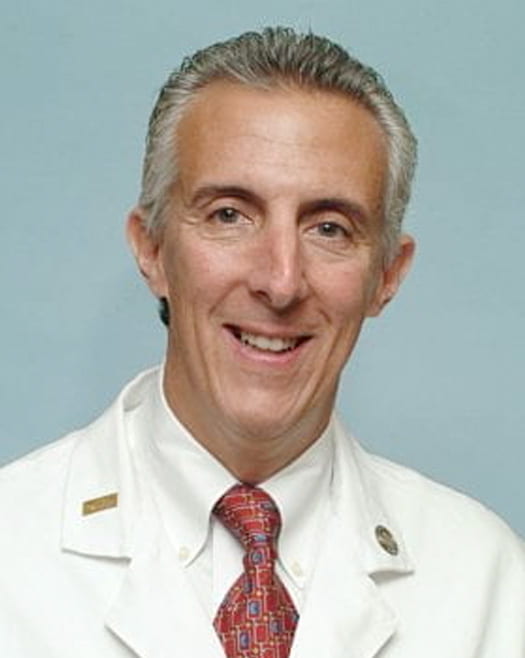The 2023 cohort of clinician-scientist trainees in the Department of Otolaryngology at Washington University will have a new name. Formerly known as T32 residents, they will now carry the designation – R25.
The change reflects a new funding mechanism adopted by the National Institute on Deafness and other Communication Disorders (NIDCD) that will provide a “Mentored research pathway for otolaryngology residents”. Like the T32 grant, the new mechanism provides support for an extended period of research experience and training in research methodology.
Vice Chair for Research Jay Piccirillo, MD, is principal investigator on the grant, which will annually support four research-track residents and two medical students.
According to Piccirillo, more than the name has changed. Most significantly, research residents must now spend 20% of their year-long effort engaged in clinical training.

“The addition of clinical effort to our research training program may present some logistical issues with scheduling,” he said. “Fortunately, NIH has given programs ultimate flexibility as to how that time is scheduled.”
Piccirillo explained the idea behind this change is to not only provide residents with research experience but also introduce them to the challenges of balancing both clinical and research responsibilities, a challenge they will most certainly experience in their careers.
One of the downsides of the new program is a reduction in funds available for coursework during research time. This may impact residents’ ability to earn a Master of Science in Clinical Investigation or MSCI degree, which has been a formal acknowledgement of their specialized training. Piccirillo says they are seeking additional sources of support so residents can continue to take advantage of this unique Washington University opportunity.
The mentored research pathway for residents is actually one of three new R25 training programs introduced in the past year. The others reflect national efforts to develop “Mentoring Networks to Enhance Clinician-Scientists’ Participation in Research” and “Research Experiences to Enhance Clinician-Scientists’ Participation in NIDCD’s Research”.
Piccirillo and Sean Newlands, MD, chair of Otolaryngology at University of Rochester Medical Center, are co-investigators of a national effort to develop research experiences for Master’s level and graduate students, including AuD students and medical students.
“Hopefully these national programs will lead to enhanced research opportunities for many types of trainees,” said Piccirillo. “It is clear the NIDCD is making great strides to foster the development of a clinician-scientist workforce.”
